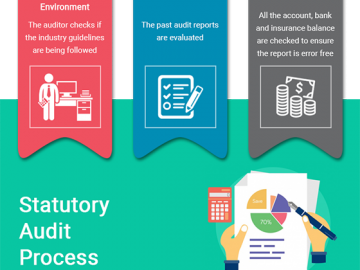
The diverse purposes of due diligence

Companies are in a constant effort to grow and expand. As part of their effort, they often come across business decisions like an acquisition, potential merger, or evaluation of a growth opportunity etc., which requires thorough due diligence. Due Diligence is research, investigation or a detailed review exercise that any reasonable business or person would carry out before entering into an agreement or contract with another party. It may or may not be legally warranted, however such an insightful review of a potential business decision helps significantly, to arrive at a better-informed decision by enhancing the quality and quantity of available information to the decision maker. This would help systematically arrive at a final decision in context of costs, benefits, risk and other constraints.
Due diligence takes various forms depending on its purpose:
- Evaluation of a potential target for merger, acquisition, privatization, or similar corporate finance transaction, normally by a buyer.
- A reasonable investigation focusing on material future opportunity or a new growth track for company.
- A research to arrive at a certain objective e.g. to restructure or downsize.
- An investigation of current processes and policies with an aim to bring improvements.
- An examination aiming to make an acquisition decision through a specific valuation technique.
The due diligence process framework can be generally divided into following non-exhaustive activities including compatibility audit, financial audit, macro-environment audit, legal audit, marketing audit, production and processes audit, management audit, information systems audit, reconciliation audit, competitor audit etc. The final objective of a due diligence process should be a complete value analysis of a potential decision with suggested recommendations, if possible. With businesses aiming to consolidate and companies always looking to achieve economies of scale by acquiring other companies, improve their cost effectiveness and seek growth opportunities, Due Diligence has emerged as a separate line of business for accounting and auditing experts within their advisory wing and is typically referred to as Transaction Services.
At the onset of each potential business decisions, most companies engage either an internal cross functional team or an external expert financial and accounting advisor to review their potential business opportunity, comprehensive assessment of different facets of it, and provide a detailed due diligence report to aid the final decision making. For every major merger, acquisition, expansion, the above process serves a pivotal role in a financial transaction. The aim is to be able to better answer the following non-exhaustive questions:
- Does the business have healthy current and projected cash flows?
- Do you understand the source of revenue stream?
- Accuracy and reliability of financial projections and earning multiple?
- Trajectory of profits and growth?
- Market Potential for the company’s products or services?
- Is the market growing, shrinking or stagnant?
- Level of competition or other risks that could negatively impact earnings?
- Physical assets valuation for company.
- The question of hidden or contingent liabilities?
- Company legal documentation
- Is the business up to date on its taxes?
- Insurance liabilities, employee satisfaction etc.
Due Diligence reporting to answer the above questions is of paramount importance as it would determine a more informed decision and eventual success in future business plans. In business environment, there is a tacit understanding that all business partners including customers themselves have to make an effort to ensure that the deal or transaction they plan to execute is authentic and fulfills their expectations. Quantum Auditing is a full spectrum due diligence advisory firm offering the required assistance that can protect you from misleading promises and possible fraudulent threats covering taxation, accounting, corporate finance services, investments, and other strategic areas.































